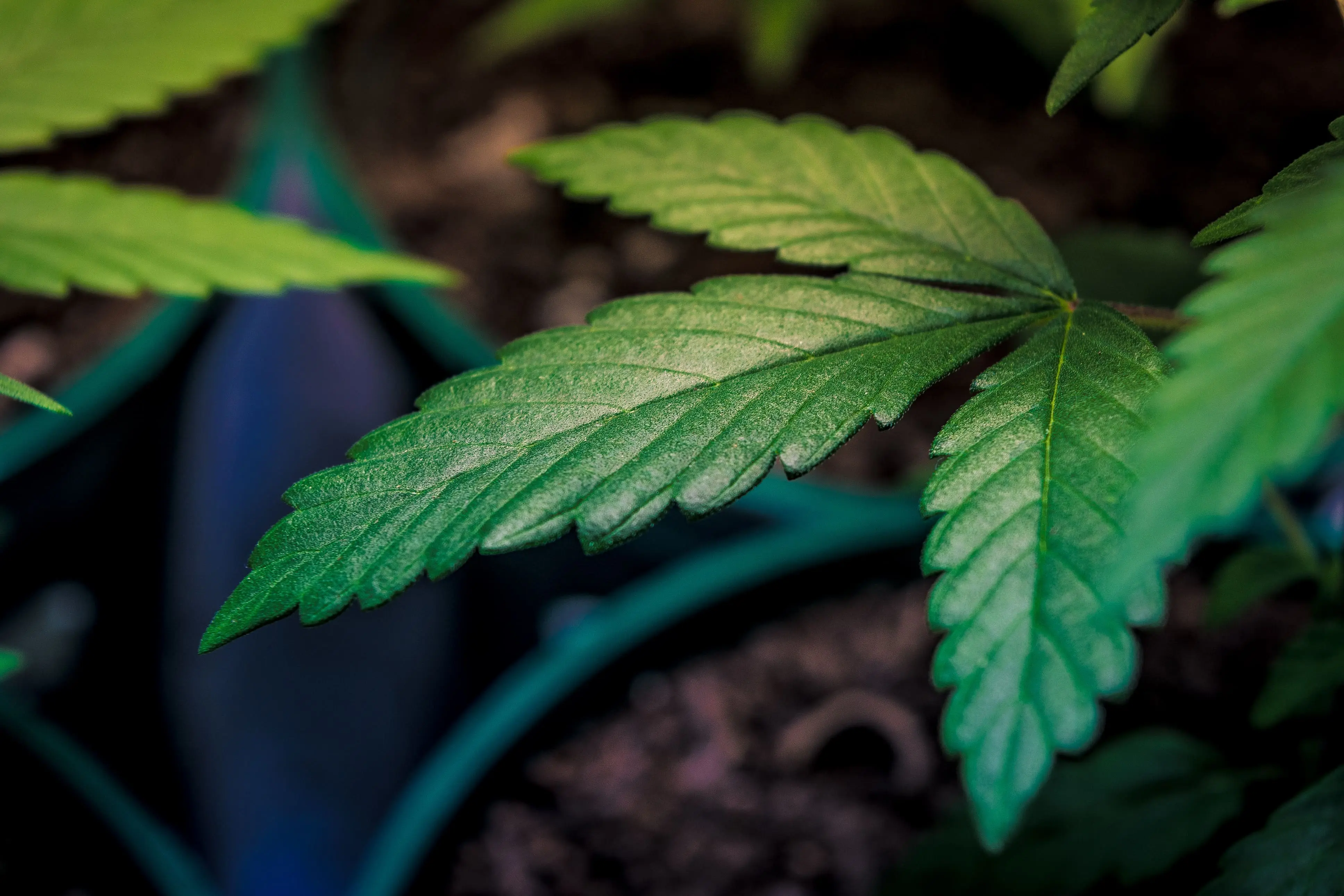Science & Health
Hotels See Significant Boost In Revenue Following Marijuana Legalization, New Study Shows

A new study exploring the impacts of adult-use marijuana legalization on the hospitality industry finds that “hotel revenue increases by 25.2% (or $63,671 monthly) due to dispensary legalization, with the effect continuing to grow even six years after legalization.”
The research article, published in the journal Production Operations and Management (POMS), draws its inferences from a review of data from Colorado, which authors say saw “a 7.9% increase in room night bookings and a 16.0% rise in daily room rates,” though impacts varied based on a number of factors.
“These findings are relevant for professionals in marketing, operations management, hospitality, tourism, and public policy,” the study says, noting that the “rapid expansion of the marijuana business presents both opportunities and challenges for the hotel industry.”
“On the one hand, recreational marijuana dispensaries could become attractions that entice travelers to visit places they might not otherwise explore. For instance, around 12% of US tourists have reported positive experiences with marijuana-related travel… On the other hand, the lingering social stigma surrounding marijuana could negatively affect businesses, including hotels, located near these dispensaries. This concern is underscored by a Colorado Office of Economic Development and International Trade (OEDIT 2019) report, which found that about 10% of US leisure travelers view Colorado as a less desirable destination because of recreational marijuana.”
Despite the apparently polarized feelings around traveling to jurisdictions where marijuana is legal, the study found that hotels seemed to perform better following the policy change.
Comparing hotels in Colorado to hotels in New Mexico, where cannabis was illegal during the study period, the team’s analysis found that “on average, monthly hotel revenue increases by 25.2% upon the legalization of recreational marijuana dispensaries, which is equivalent to a substantial increase of $63,671 per hotel.”
“However, hotels do not benefit equally,” the report notes. “Hotels that are closer to retail dispensaries, have been operating for shorter periods, and belong to a higher class obtain more positive effects. The type of location also plays a crucial role, with hotels in resort areas benefiting the most from retail dispensary legalization, followed by those in urban, airport, suburban, interstate, and small-town locations.”
What’s more, “chain hotels operated by corporate entities experience more positive treatment effects than franchised chain hotels and independently operated ones,” the paper adds.
Researchers—from the University of Central Florida, Virginia Tech and the University of North Carolina at Chapel Hill—also concluded that “the positive effect on hotel revenue strengthens over time, showing no signs of slowing down six years after the statewide recreational marijuana legalization.”
For hoteliers, the report says, “the positive and growing treatment effects on hotel revenue highlight the potential long-term economic advantages of recreational marijuana,” though it cautions that “legalization does not guarantee financial gains.”
For policymakers, the study continues, the findings underscore the economic benefits and “positive spillover effects on hotels when crafting regulations, ensuring that zoning laws promote synergy between dispensaries and hotels.”
“City planners could strategically place dispensaries in resort, urban, and airport areas, where their presence provides the greatest benefits to hospitality businesses,” the study suggests. “They might also consider tax incentives or support programs to help lower-class and independent hotels capitalize on marijuana tourism opportunities.”
A separate 2020 study also found that Colorado hotel room rentals increased considerably after the state began legal marijuana sales. Washington State also saw increases in tourism after legalization, that study found, though the effect there was more modest.
By comparing hotel room rentals in Colorado and Washington to states that did not change their legal status of marijuana from 2011 through 2015, researchers found that legalization coincided with a significant influx of tourists and a rise in hotel revenue. The impact was even more pronounced after the start of retail sales.
Last year, meanwhile, the governor of Illinois noted that travelers from nearby states were visiting specifically to buy legal cannabis.
“People from Indiana, people from Iowa, people from Wisconsin, Kentucky, drive across the border and buy something in a dispensary in Illinois. Now, they’re not supposed to drive back over the border to their home states, so I assume they’re just staying in Illinois,” Gov. J.B. Pritzker (D) said at the time.
Last September, however, a report by Colorado legislative analysts said that part of the reason the state is seeing declining cannabis tax revenue is due to “falling demand as other states across the country legalize marijuana,” making sales from cannabis tourism “less pronounced.”
“Prices for marijuana fell as pandemic-induced demand waned, marijuana tourism became less pronounced, and as the market matured,” that report said. “Tax revenue from marijuana is falling across most states where recreational marijuana is legal due to declining demand after the pandemic, but states that legalized marijuana early—like Colorado, Washington, and Oregon—are seeing the biggest declines in sales.”



